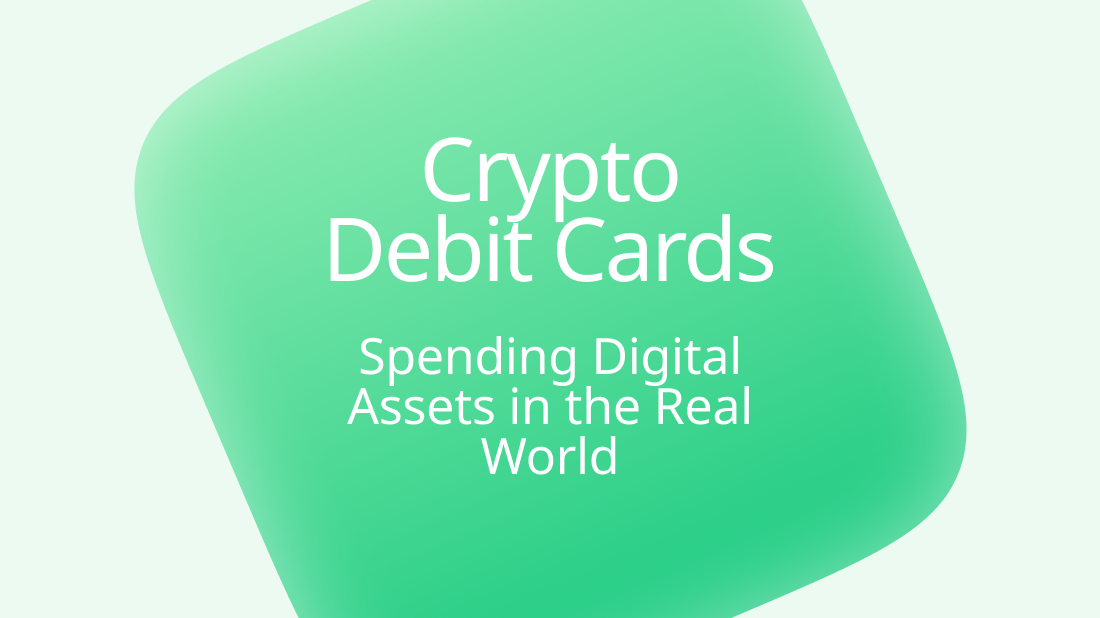Crypto Credit Cards: How They Work and Their Benefits

As cryptocurrencies continue to gain traction, financial innovations are emerging to bridge the gap between traditional finance and the digital economy. One such innovation is the crypto credit card. These cards offer a seamless way to spend cryptocurrencies in everyday transactions, making digital payments more accessible and practical. This article explores how crypto credit cards work, their benefits, and how they compare to traditional credit cards.
Understanding Crypto Credit Cards
What Are Crypto Credit Cards?
Crypto credit cards are financial tools that allow users to spend their cryptocurrency holdings like traditional credit cards. They are issued by fintech companies and cryptocurrency exchanges, enabling users to convert their digital assets into fiat currency at the point of sale. This functionality allows users to make purchases at any merchant that accepts regular credit cards.
How Do They Work?
Crypto credit cards operate by linking a user's cryptocurrency wallet to the card. When a purchase is made, the equivalent amount of cryptocurrency is converted into fiat currency and deducted from the user's wallet. The conversion rate is usually determined by the current market price of the cryptocurrency.
These cards can be either prepaid or credit-based. Prepaid cards require users to load them with cryptocurrency in advance, while credit-based cards function like traditional credit cards, allowing users to spend now and pay later, with the cryptocurrency balance acting as collateral.
Benefits of Crypto Credit Cards
Convenience and Accessibility
One of the primary benefits of crypto credit cards is the convenience they offer. Users can spend their cryptocurrencies directly without having to manually convert them to fiat currency. This seamless integration simplifies the process of using digital assets for everyday purchases.
Global Acceptance
Crypto credit cards are typically powered by major payment networks like Visa or MasterCard, ensuring global acceptance. Users can make purchases at millions of merchants worldwide, just like with traditional credit cards. This widespread acceptance makes it easier to use cryptocurrencies in various locations.
Rewards and Cashback
Many crypto credit cards offer rewards and cashback programs similar to traditional credit cards. Users can earn rewards in the form of cryptocurrency, which can be more lucrative given the potential for value appreciation. These rewards can include Bitcoin, Ethereum, or other popular cryptocurrencies, providing an added incentive for users to adopt these cards.
Enhanced Security
Crypto credit cards often come with advanced security features, including two-factor authentication, biometric verification, and instant transaction alerts. Additionally, the use of blockchain technology ensures transparency and reduces the risk of fraud and chargebacks.
Financial Inclusion
Crypto credit cards can promote financial inclusion by providing access to digital payments for unbanked and underbanked populations. Since these cards do not necessarily require a traditional bank account, they can be issued to individuals who might otherwise be excluded from the financial system.
Comparing Crypto Credit Cards to Traditional Credit Cards
Spending Limits and Fees
Crypto credit cards typically have spending limits based on the amount of cryptocurrency available in the user's wallet. Traditional credit cards, on the other hand, have credit limits determined by the user's credit score and income. Additionally, crypto credit cards may have fees related to currency conversion, card issuance, and maintenance. It's essential to compare these fees with those of traditional credit cards to understand the cost implications.
Interest Rates
Credit-based crypto cards may charge interest on outstanding balances, similar to traditional credit cards. However, the interest rates can vary significantly. Some crypto cards offer competitive rates, while others may have higher rates due to the perceived risk associated with digital assets. Users should carefully review the terms and conditions to avoid unexpected costs.
Regulatory Environment
The regulatory environment for crypto credit cards is still evolving. Traditional credit cards operate within well-established regulatory frameworks, providing a level of consumer protection and dispute resolution. In contrast, the regulation of crypto credit cards can vary by jurisdiction, potentially affecting the user experience. Users should be aware of the legal and regulatory landscape in their region before adopting a crypto credit card.
Exchange Rate Volatility
One of the unique challenges of crypto credit cards is the volatility of cryptocurrency exchange rates. The value of cryptocurrencies can fluctuate significantly within short periods, impacting the amount of fiat currency received during transactions. While this volatility can lead to potential gains, it also poses a risk of losses. Users should consider their risk tolerance and stay informed about market conditions.
Notable Crypto Credit Cards
Coinbase Card
Issued by Coinbase, a leading cryptocurrency exchange, the Coinbase Card allows users to spend multiple cryptocurrencies, including Bitcoin, Ethereum, and Litecoin. The card is linked to the user's Coinbase account, and transactions are converted into fiat currency at the time of purchase. The Coinbase Card also offers rewards in the form of cryptocurrency.
Crypto.com Visa Card
The Crypto.com Visa Card offers various tiers with different benefits, such as cashback rewards, airport lounge access, and rebates on subscription services like Netflix and Spotify. Users can earn up to 8% cashback on purchases, depending on the card tier. The card supports multiple cryptocurrencies and provides robust security features.
BlockFi Rewards Visa Signature Card
The BlockFi Rewards Visa Signature Card is a credit-based crypto card that offers rewards in Bitcoin. Users can earn up to 1.5% back in Bitcoin on every purchase, with no annual fee. The card also includes benefits like no foreign transaction fees and competitive interest rates.
Conclusion
Crypto credit cards represent a significant step towards the mainstream adoption of cryptocurrencies, bridging the gap between digital assets and everyday transactions. They offer numerous benefits, including convenience, global acceptance, and rewards, making them an attractive option for cryptocurrency enthusiasts. However, users should be mindful of potential challenges, such as exchange rate volatility and regulatory uncertainties. As the fintech landscape continues to evolve, crypto credit cards are poised to play a crucial role in the future of digital payments.












